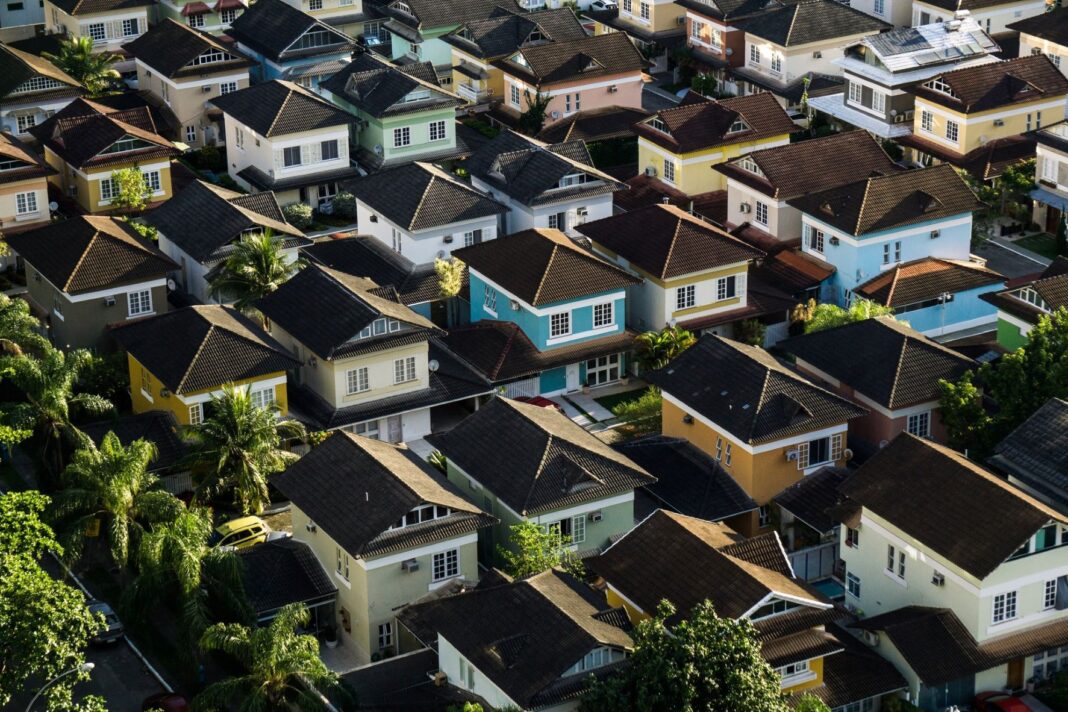WEST HOLLYWOOD—The city is informing residents that the Los Angeles County Board of Supervisors, on Tuesday, January 25, took action to extend renter protections for residential tenants due to the ongoing COVID-19 pandemic through December 31, 2022.
According to a news release from the city’s website, there are two phases during the extension period:
Phase I (February 1 – May 31, 2022):
Los Angeles County’s action extends protections to residential tenants in West Hollywood through May 31, 2022 by continuing the residential moratorium for:
-No-fault evictions (with limited exceptions for owner/relative move-ins);
-Evictions based on nuisances or for unauthorized occupants or pets whose presence is necessitated by or related to the COVID-19 emergency; and
-Evictions based on denials of entry except to remedy a dangerous condition or prevent substantial damage to the unit.
In addition to the limited allowance for owner/relatives to move into a unit, an eviction can be authorized when a tenant’s occupancy is a threat to public health and safety.
Under state law, neither Los Angeles County nor West Hollywood has the authority to extend non-payment of rent protections to residential tenants until April 1, 2022. Starting April 1, 2022, landlords will again be prohibited from evicting residential tenants for nonpayment of rent incurred on or after April 1, 2022, if due to COVID-19 financial hardship. Under the County’s reinstated COVID-19 eviction moratorium, eligible tenants will be able to self-certify their financial hardship. To be protected, tenants must give landlords notice of their inability to pay within seven (7) days after rent or other charges are due. A tenant who is unable to pay rent incurred from April 1, 2022 through May 31, 2022 has until May 31, 2023 to repay such debt. A tenant cannot be evicted because of the tenant’s inability to pay back unpaid rent under the terms of a payment plan, or at the end of the repayment period.
Phase II (June 1 – December 31, 2022):
All protections of Phase I will remain in place during Phase II except that, starting June 1, 2022:
- Only residential tenants who self-certify that their income levels are 80 percent of area median income (AMI) or below will be eligible for protection under the County’s reinstated non-payment for COVID-19 related reasons eviction moratorium.
- With respect to owner move-in eviction criteria, there will no longer be a purchase date requirement, and the requirement that residential tenants can only be evicted if the tenant has not been impacted by COVID-19 will be lifted.
- The protections for denial of entry expire, except where a landlord’s attempts to enter the unit constitute harassment.
During Phase II, a tenant whose household income is at 80 percent AMI and was unable to pay rent incurred from April 1, 2022 through December 31, 2022 shall have until December 31, 2023 to repay such debt. An income qualified tenant cannot be evicted because of the tenant’s inability to pay back unpaid rent under the terms of a payment plan, or at the end of the repayment period.
Tenants who are behind in their rent during the pandemic or are having difficulty to pay their rent may be eligible for non-payment of rent protection provided they apply to the state rent relief program, Housing is Key.
Under the state rent relief program, a landlord is eligible for 100 percent of unpaid rental debt of eligible households accumulated after April 1, 2020. The expanded program also includes financial assistance for prospective rent payments for eligible households. To receive payment, the landlord must give up the right to evict an eligible tenant based on COVID-19 rental debt. Landlords and residential tenants who previously participated in the program may still be eligible to recover any remaining unpaid rent.
In addition, through March 31, 2022, courts will only allow an eviction case based on non-payment of rent for COVID-19 related reasons to proceed if the landlord has attempted to obtain rental assistance to cover the unpaid amount and the application has been denied or more than 20 days passed without any indication that the tenant will cooperate in the application process.
Information regarding the Housing is Key rent relief program and links to applications for landlords and tenants may be found at housing.ca.gov.
Information about West Hollywood’s COVID-19-related rental assistance programs can be found at www.weho.org/services/social-services/financial-assistance.
For more details about West Hollywood and residential eviction protections contact Jonathan Holub, West Hollywood Rent Stabilization Manager, at (323) 848-6301 or at jholub@weho.org. For people who are Deaf or hard of hearing call TTY (323) 848-6496.






